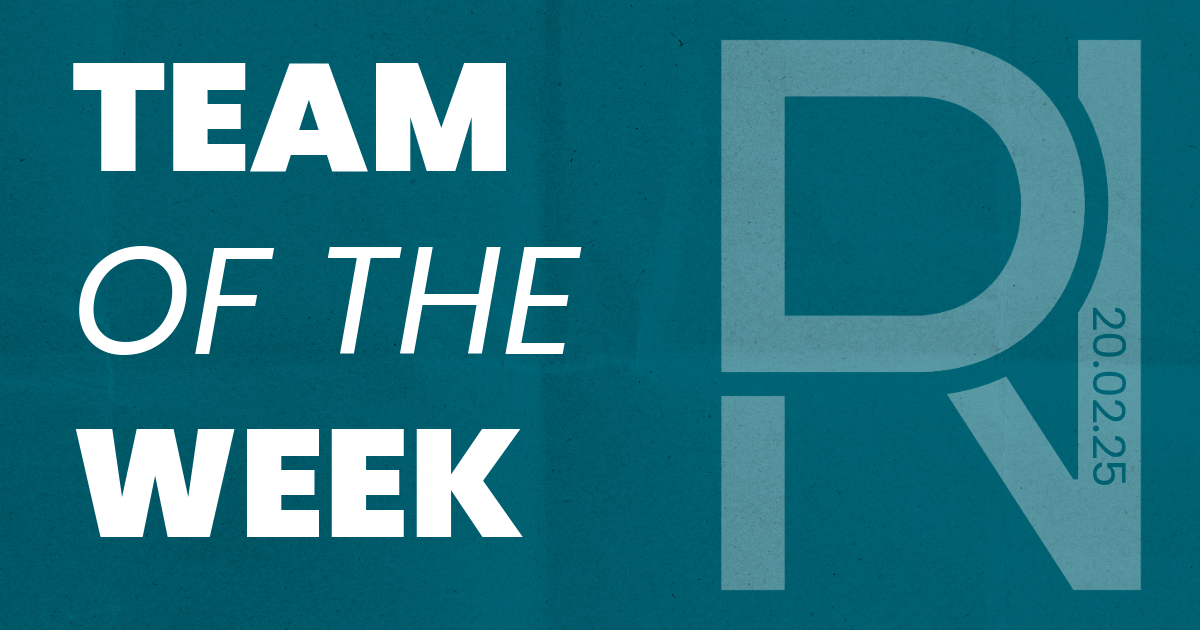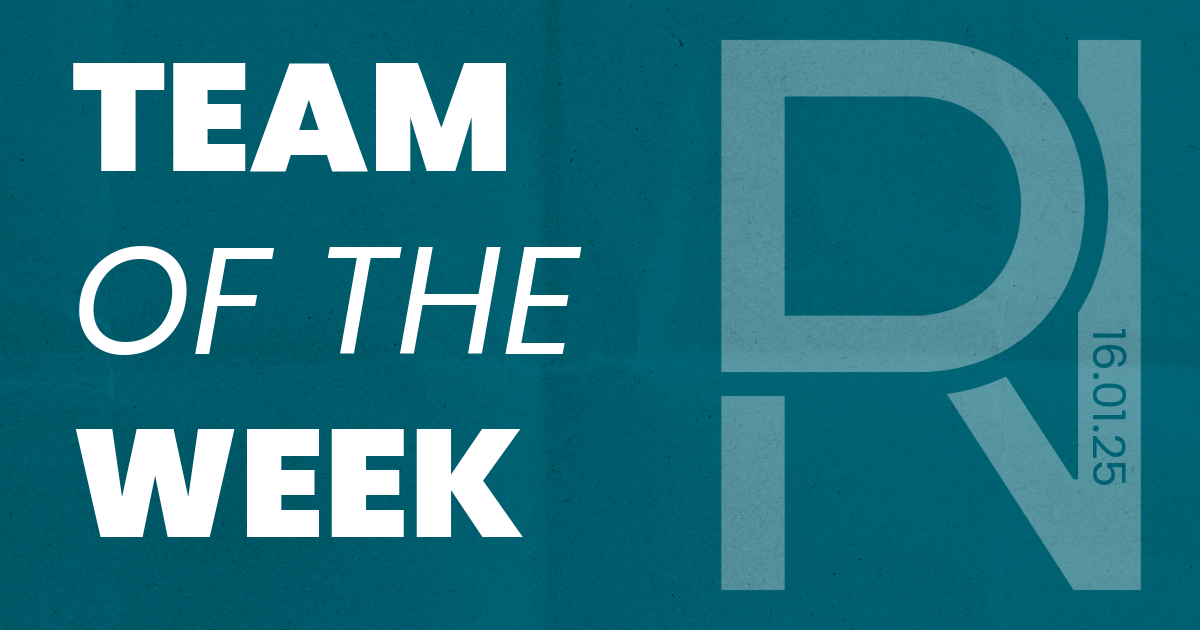The purpose of football
Football has been the world's largest sport for centuries. With roughly five billion fans
worldwide according to FIFA, its popularity is unrivalled. It also remains one of the most accessible at grassroots level, with an array of sessions, groups and clubs available, and all you need is a ball and some green space to have a ‘kick-about’. There are an incredible 18,500 clubs in England
and 11 million players. In turn, the sport’s accessibility has provided some of the biggest names in the world. Cristiano Ronaldo, who was originally from a modest neighbourhood in Funchal, Portugal, recently came out top of the list on SportsPro’s 50 Most Marketable
athletes in the world in 2022, joined by 16 fellow footballers on the list, highlighting the sport’s dominance.
With this level of profile, it has provided these footballing sensations with the platform to raise awareness for, and discuss, important social and humanitarian issues. Ronaldo, for example, famously removed the Coca-Cola from the press conference desk to promote water and healthier lifestyles. Ronaldo’s Manchester United teammate Marcus Rashford is one footballer that exemplifies what it means to use your social influence for good. His work during the pandemic providing children with free school meals
shows how we are seeing the sport use its high profile to provide for others.
As well as role models in the men’s game, we are also now seeing women’s stars emerging. The success of the Lionesses in the recent European Championships has significantly increased the profile of England women’s stars and the lionesses have transformed what success within women's sports looks like. The Euros final was the largest crowd ever seen for the tournament with an incredible 87,192 people watching. Not only was England’s win one for the sporting history books, but it is now driving meaningful and long-term change within women’s football, and sport as a whole. We are now seeing record attendances being set for Women’s Super League Games and the Lionesses are in a position to speak out on issues that matter most to them, for example, their plea to the Government to enable all girls access to football at school.
We are finally seeing more dedicated women’s sport reporters in the national media, and more space in the papers are opening up. Huge transfers including England’s Keira Walsh’s £400,000 transfer to Barcelona is vastly symbolic of the value teams are putting on female players. We are seeing more in-depth and beneficial conversations around the realities of competing as a woman such as teams changing their kits, so players no longer have to wear white shorts.
From one major tournament to another, as this winter we will see the much-anticipated men’s FIFA World Cup take place in Qatar. To say the least, the tournament has faced a lot of criticism. The controversy stems from much more than the winter break required in the UK and the time of year, instead rightly focusing on fundamentally worrying human rights elements surrounding the nation and tournament. There have been shocking accusations of horrendous working conditions for migrant workers who built all the brand new facilities. An article from The Guardian
revealed that 6,500 migrant workers have died in the country since being named the hosts.
In a country where homosexuality is illegal, LGBTQ+ groups have been outspoken about the human rights violations that this world cup is presenting. As a result, many of the teams competing have started wearing One Love armbands
as a subtle form of protest. England, Wales, France, Germany, Belgium, The Netherlands, Denmark, and Switzerland’s captains will all be wearing the armbands as a sign of solidarity. While it is highly unlikely that this act will result in any positive action to reduce the harsh laws in Qatar, but it may encourage further conversation around homophobia in football, at the very least.
Football is, and will remain for the foreseeable, the leading global sport – at all levels. Why? Investment seems the obvious, with global sponsorships generating billions of pounds each year and the increased grassroots development opportunities being recognised and acted upon as the game grows on the main stage. It’s not without its controversies and corruption, sadly, and this all needs stamping out, but it’s important to recognise the power the sport now has to promote important causes and have a voice.
Share via:

Sport and impact focused PR and communications agency, New Reach, has renewed its partnership with Hampshire Cricket and the iconic Utilita Bowl for a fourth consecutive year. This continued collaboration underscores New Reach’s commitment to delivering exceptional PR and media relations that has amplified profile for the club and venue, alike. Since 2022, New Reach has worked closely with Hampshire Cricket to deliver strategic media relations, innovative campaigns, and impactful storytelling that showcase the club’s achievements both on and off the pitch. New Reach has led PR campaigns including the historic solar project in partnership with Utilita, established new and improved relationships with media brands, driven global announcements and managed key media moments including media days, the signing of cricketing icon Ellyse Perry and the club’s acquisition by GMR Group. Throughout 2026, New Reach will closely align with a new-look team at Utilita Bowl, delivering PR strategy across key moments inside and out of cricket. This will include The Hundred in its new format, the stadium’s 25 year anniversary, positioning the club and venue as leaders across T20, women’s and international cricket, ongoing cricket and regional media engagement, celebrating impact in the community and placing the club’s leaders at the heart of the industry. Nick Rewcastle, Managing Director at New Reach, commented: “We’re thrilled to extend our partnership with Hampshire Cricket for another year. Utilita Bowl is one of the most exciting venues in global sport and entertainment, and we look forward to continuing to help Hampshire Cricket and the venue tell its story and connect with audiences in meaningful ways. “Every year is an exciting year at Utilita Bowl, and we’ve enjoyed working across such a variety of powerful projects and initiatives. 2026 is set to continue in that trajectory, but with some new faces internally at the club and the first full year of new ownership. We’re truly looking forward to backing the Rose and Crown again this year.” Jonathan Peace, Head of Brand, Digital and Marketing at Utilita Bowl added: “New Reach has been an invaluable partner in elevating our communications strategy. Their expertise and creativity have helped us build stronger relationships with fans and media alike, and we’re excited to see what we can achieve together in 2026.” With deep-rooted expertise in sport, media and events, New Reach crafts tailored campaigns across PR, social media and video that inspire action and create lasting impact. New Reach’s commitment to transparency and authenticity drives everything the agency does, with partnerships going beyond business; ensuring every collaboration is rooted in integrity, trust, and a shared purpose. New Reach will not compromise trust, morals or rules to profit.

Sport and impact focused PR and communications agency, New Reach, has renewed its partnership with Hampshire Cricket and the iconic Utilita Bowl for a fourth consecutive year. This continued collaboration underscores New Reach’s commitment to delivering exceptional PR and media relations that has amplified profile for the club and venue, alike. Since 2022, New Reach has worked closely with Hampshire Cricket to deliver strategic media relations, innovative campaigns, and impactful storytelling that showcase the club’s achievements both on and off the pitch. New Reach has led PR campaigns including the historic solar project in partnership with Utilita, established new and improved relationships with media brands, driven global announcements and managed key media moments including media days, the signing of cricketing icon Ellyse Perry and the club’s acquisition by GMR Group. Throughout 2026, New Reach will closely align with a new-look team at Utilita Bowl, delivering PR strategy across key moments inside and out of cricket. This will include The Hundred in its new format, the stadium’s 25 year anniversary, positioning the club and venue as leaders across T20, women’s and international cricket, ongoing cricket and regional media engagement, celebrating impact in the community and placing the club’s leaders at the heart of the industry. Nick Rewcastle, Managing Director at New Reach, commented: “We’re thrilled to extend our partnership with Hampshire Cricket for another year. Utilita Bowl is one of the most exciting venues in global sport and entertainment, and we look forward to continuing to help Hampshire Cricket and the venue tell its story and connect with audiences in meaningful ways. “Every year is an exciting year at Utilita Bowl, and we’ve enjoyed working across such a variety of powerful projects and initiatives. 2026 is set to continue in that trajectory, but with some new faces internally at the club and the first full year of new ownership. We’re truly looking forward to backing the Rose and Crown again this year.” Jonathan Peace, Head of Brand, Digital and Marketing at Utilita Bowl added: “New Reach has been an invaluable partner in elevating our communications strategy. Their expertise and creativity have helped us build stronger relationships with fans and media alike, and we’re excited to see what we can achieve together in 2026.” With deep-rooted expertise in sport, media and events, New Reach crafts tailored campaigns across PR, social media and video that inspire action and create lasting impact. New Reach’s commitment to transparency and authenticity drives everything the agency does, with partnerships going beyond business; ensuring every collaboration is rooted in integrity, trust, and a shared purpose. New Reach will not compromise trust, morals or rules to profit.








